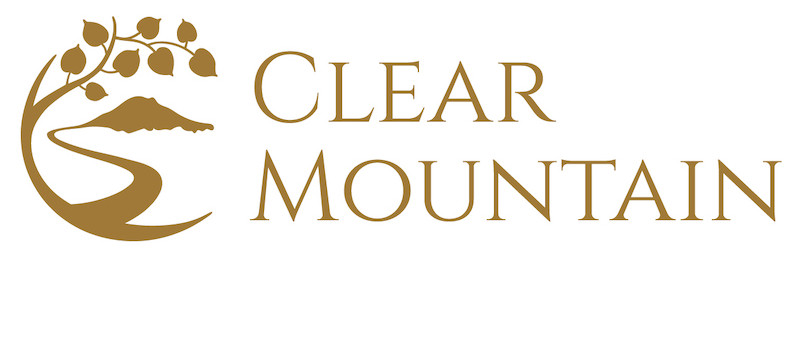During the past 2,500 years support for the monastic life has been entirely provided from lay supporters through daily acts of generosity. In this spirit, support in the form of work, money, foodstuffs, building materials or other help is both appreciated and needed. Your generosity allows the spiritual community to survive and to flourish.
Buddhism has managed to keep intact over the centuries the rich and vital interrelationship between lay and monastic communities set forth by the Buddha. Theravada monastics, although renunciants, are not permitted to be recluses. To ensure this the Buddha required that they be totally dependent upon the lay community for their physical support. Monks and nuns cannot handle money and they can only eat or drink that which is offered to them. At the same time, the monastic community provides an important function for the lay community by caring for their spiritual needs, and by providing moral and spiritual teachings and examples. The two communities, each essential to a balanced society, support and enrich one another.
For the lay community in the West, it is important to understand how the monks and nuns of the Theravada Buddhist sangha live from day-to-day. In Southeast Asia—Thailand, Myanmar, Sri Lanka, Laos, Cambodia, and in pockets elsewhere—the monastics are visible each morning, walking through the nearby villages with their almsbowls, receiving offerings of food for their daily meal. The cultures of these countries ares ones where the lay community fully acknowledges the dependence of the monastic community for physical needs such as food, cloth, and the requisites for their life. The monastics, because of their vows of renunciation, cannot buy these basic items for themselves. If the laypeople do not provide for them, they will go without. If we do not feed them, they will not eat. If we do not provide for their electricity bill, they will have no heat. If we value the presence of the monastic community it is important that we remember they need our support. The relationship that develops through this commitment to mutual support is a rewarding one, and the spiritual friendship between lay and monastic communities is a precious gift.
In the Theravāda Buddhist tradition there exists a lovely, deeply rooted interdependence—built on respect for practice and generosity—between the monastics and the lay community. Your open-hearted support allows monks the opportunity to devote their lives to meditation and right practice (sammā-paṭipadā) in a forest refuge while those in the lay community benefit from their teachings. Clear Mountain also aspires to provide a place of retreat for sincere practitioners and center of practice for the wider Buddhist community. Whether donating funds, giving daily alms, or volunteering, there are many ways in which one may lend support. We rejoice in your generosity! Sadhu!
May all beings be well.
Dāna List
Material requisites may be offered directly or sent by post to the address below. If you plan to offer, please email friendsofclearmountain@gmail.com so we can remove the item from the list and let you know when it arrives. Sadhu!
Nisabho Bhikkhu
3739 Nokomis Rd SE
Port Orchard, WA 98366
United States
Volunteering
Clear Mountain rests on the goodwill offerings of the lay community. Many people, who live in Seattle or help remotely from elsewhere, give time and offer their skills for providing transport (driving), proofreading and designing Dhamma materials, transcribing audio, editing Dhamma talks, computer-related tasks, construction and maintenance, distributing flyers and pamphlets, and other activities.
If you are interested in joining Clear Mountain’s volunteer community, click the button below. We rejoice in your generosity, and welcome!
Daily Alms
Buddhist monastics rely on the generosity of others. The alms round or piṇḍapāta represents a tradition in which lay people offer food to monastics to support their spiritual practice for the day. Going for alms is not begging. Monks and nuns simply walk or stand silently, receiving what is given in kindness by those who feel inspired. Unable to handle money or store food, Clear Mountain’s monastics rely completely on such generosity for their one meal of the day, taken before noon.
Recitations of Refuge
Clear Mountain’s community has begun meditating together on the Buddha, Dhamma, and Sangha, and reciting the traditional Pali mantra of refuge, aspiring to “gather” 10 million recitations. Join our global family of those with faith in crystallizing intention towards the creation of Clear Mountain Monastery, a refuge for all beings.
The traditional Pali mantra: “Buddhaṃ saraṇaṃ gacchāmi, Dhammaṃ saraṇaṃ gacchāmi, Saṅghaṃ saraṇaṃ gacchāmi,” meaning, “To the Buddha… Dhamma… Sangha I go for refuge”, is often recited under one’s breath or silently throughout the day and counted on a string of mala beads. Recollecting the Triple Gem—the Buddha, Dhamma, and Sangha—recalling their qualities and deepening our refuge, brings joy to the heart and helps purify the mind.
We then dedicate the goodness of our virtuous actions to the awakening of all beings. Simultaneously, we dedicate this goodness to the creation of Clear Mountain Monastery, a spiritual refuge for all.
Together, let’s continue the Recitation of Refuge. Sadhu!

